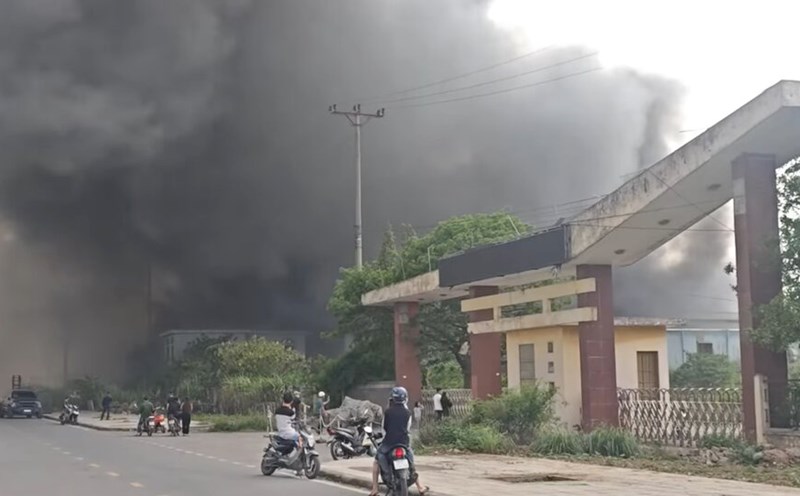The Ministry of Justice has published the appraisal dossier of the draft Law on Cadres and Civil Servants (amended). This project was drafted by the Ministry of Home Affairs.
In the draft, the Ministry of Home Affairs proposes 2 times to evaluate civil servants. One is to periodically evaluate annually. Two is to evaluate before implementing appointment, reappointment, planning, and transfer; end of rotation and secondment period.
The results of civil servant assessment are classified according to 4 levels: Completing tasks excellently, completing tasks well, completing tasks and failing to complete tasks.
Notably, in the draft, the Ministry of Home Affairs proposed that if classified as not completing their tasks, civil servants will be subject to monitoring by the management agency.
After 6 months, still not meeting the requirements of the job position, the management agency arranged that civil servant to a job position at a lower rank. In case there is no job position at a lower rank, the civil servant management agency will dismiss them.
At the same time, the draft still maintains the regulation that if a civil servant has been classified as not completing his/her tasks for 2 consecutive years, the civil servant management agency will dismiss him/her.
Also in the draft revised law, the Ministry of Home Affairs proposed to abolish all regulations on civil servant ranks. The management of cadres and civil servants will be carried out according to job positions.
Classification of job positions includes: cadre job positions and civil servant job positions. In which, the job position of civil servants includes: leadership, management; expertise, professionalism; and support and service. For support and service job positions, civil servant management agencies can sign labor contracts to implement them.
The civil service management agency can also sign labor contracts with talented people, experts, and scientists to perform some professional and technical work.
The Ministry of Home Affairs proposes 4 groups of criteria to determine the job position of civil servants:
First, based on the functions, tasks and organizational structure of the agency, organization or unit employing civil servants.
Second, based on the complexity, nature, characteristics, and scale of activities; scope, service subjects; professional and technical management processes according to the provisions of specialized laws.
Third, based on the level of modernization of offices, equipment, working means, application of information technology, digital transformation.
In addition to the above 3 criteria, local agencies and organizations depend on geographical location; nature, scale, population structure; economic and urbanization development speed; socio-economic development strategy; local security and order situation to specify more appropriately.
For commune-level cadres and civil servants, according to the draft Submission to the Government, the Ministry of Home Affairs proposes a budget for policy settlement for commune-level cadres and civil servants who do not meet the requirements of job positions in the state budget of about VND15,000 billion. This expenditure has been calculated and allocated in the budget for implementing the arrangement of administrative units at all levels.
The above proposal aims to resolve the expected 7.6% (equivalent to more than 16,150 people) of the total 212,606 commune-level cadres and civil servants who do not meet the standards, according to statistics as of December 31, 2024.











